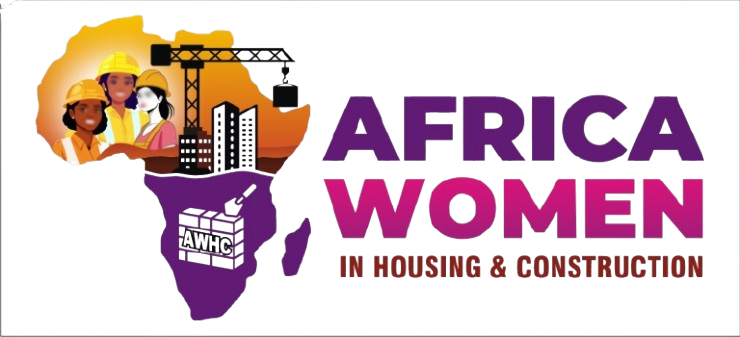
As Nigeria celebrates 65 years of independence, there is much to reflect on—our resilience, our diversity, and our shared hope for a stronger nation. In his Independence Day message, President Bola Ahmed Tinubu spoke of renewal and transformation. For us at Africa Women in Housing and Construction (AWHC), this is a reminder that true transformation must begin with the home.
Housing is not just about shelter; it is about dignity, stability, and opportunity. And yet, for millions of Nigerians—particularly women—owning a home remains a distant dream. This is why we advocate for women-centered housing policies, designed to break barriers and create a fairer path to homeownership and secure living.
The Case for Women-Centered Housing Policies
Women-centered housing policies are housing laws, schemes, and financing systems that deliberately address the structural disadvantages women face in accessing land, mortgages, and property rights. They are not about exclusion, but inclusion—ensuring that women, who make up almost half of Nigeria’s population and carry the weight of families, are not left behind in the national housing agenda.
These policies can take different forms:
Priority allocation of public housing to female-headed households.
Subsidies and credit schemes for single mothers and widows.
Joint land and home ownership to strengthen women’s legal standing.
Reforms in inheritance laws that currently disadvantage women in many Nigerian communities.

Lessons from Across the World
We do not need to reinvent the wheel. Other nations have shown us the way:
Rwanda led Africa by granting equal inheritance and land rights to women after the 1994 genocide. Today, more than half of the country’s land titles are in women’s names or jointly owned. This has transformed family stability and women’s economic power.
Kenya enshrined equal property rights for women in its 2010 Constitution. Some counties even reserve low-cost housing units specifically for female-headed households.
India requires that subsidized housing under the Pradhan Mantri Awas Yojana (PMAY) be registered in a woman’s name, guaranteeing her a stake in the family property.
Brazil’s Minha Casa, Minha Vida program gives priority to female-headed households when distributing affordable housing, ensuring mothers and children have secure homes.
The Philippines has also expanded access to housing loans and land titles for women, especially single mothers, and promotes women-led housing cooperatives.
These examples prove that deliberate policy choices can close housing gaps and empower women in powerful ways.
Nigeria’s Opportunity
Nigeria faces a housing deficit of over 28 million units, and women bear the brunt of this crisis. Too often, widows are displaced, single mothers are denied access to land, and working women are overlooked in housing schemes.
As we mark 65 years of independence, we call on government at all levels to make bold choices:
Reserve at least 30–40% of public housing allocations for women.
Ensure that state inheritance laws align with the Constitution, granting women equal rights.
Create micro-housing finance programs targeted at women in informal and low-income sectors.
Partner with NGOs and women’s cooperatives to develop affordable housing estates led by women for women.
Housing for National Growth
A nation cannot truly rise if half of its citizens are excluded from the foundation of stability—secure housing. When women have homes, families thrive, children stay in school, businesses grow, and communities prosper.
At AWHC, we believe housing is a human right, and women must stand at the center of Nigeria’s housing revolution. On this Independence Day, as we salute the sacrifices of our past and the promise of our future, let us remember that the strength of Nigeria lies in the strength of her women.
Happy Independence Day, Nigeria.
Flora Anne
Founder
Africa Women in Housing & Construction Network (AWHC)
